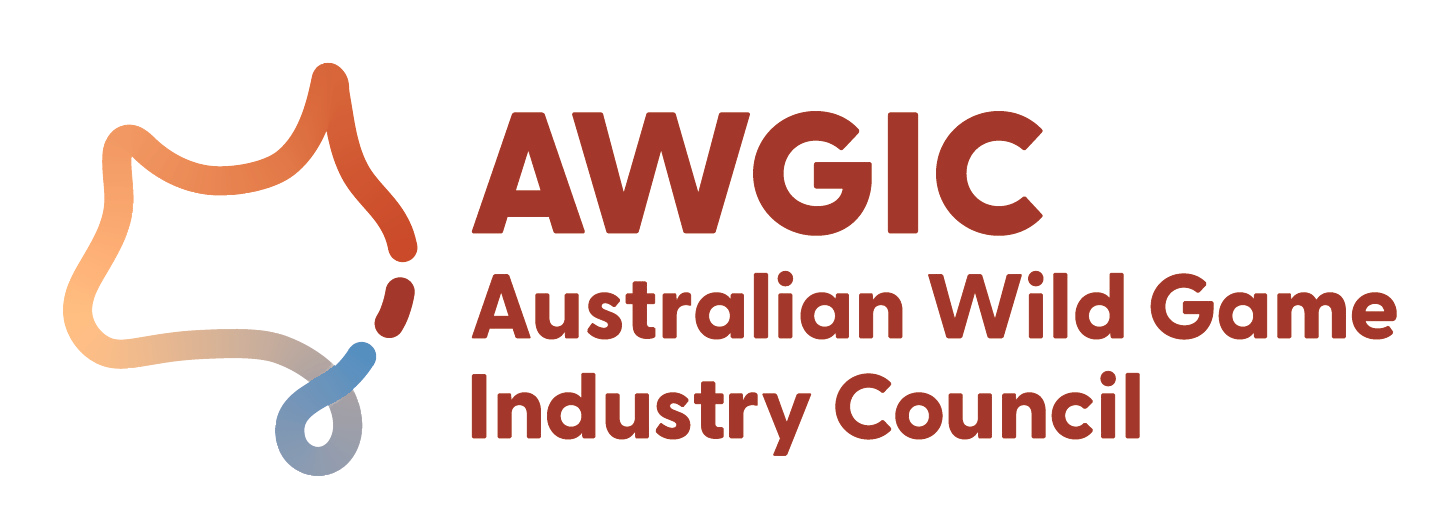Despite there being zero confirmed reports of kangaroo meat related illnesses, people still occasionally ask the question, “How safe is kangaroo meat to eat?” In light of which, we’ve decided to settle this once and for all.
Triangulation is the process of fixing the position of something by referencing to it from three different directions. It’s also a common practice in science or business to validate something by referencing it with three different data sources.
Kangaroo meat is subject to a wide range of routine regulatory mechanisms and monitoring to check its hygienic status, these include:
- monitoring for chemical and heavy metal contamination via the National Residue Survey (NRS);
- monitoring of microbial contamination via the Federal Governments ESAM Program; and
- routine audits by State and Federal Food Safety Inspectors.
In all cases, the relevant government body sets acceptable maximum limits for various potential food safety hazards with which producers need to comply.
Over the past 10 years, kangaroo meat recorded a 99.82% compliance rate under the NRS program.
In the ESAM Program kangaroo meat has a long term 99.4% compliance with the safe limits, and in audits by the NSW Food Authority the kangaroo industry historically returns a 99% compliance rate.
Now, that’s a tight bit of triangulation, especially when you consider that the NSW Food Authority results for all food premises audited across the State is typically only a 94% compliance.
Three rigorous, external, measures of kangaroo meat food safety all returning 99% compliance or better – kangaroo meat really is a safe and healthy option.
